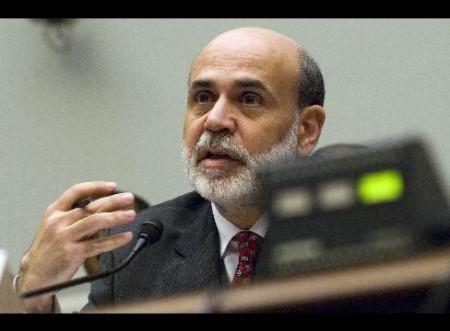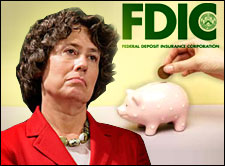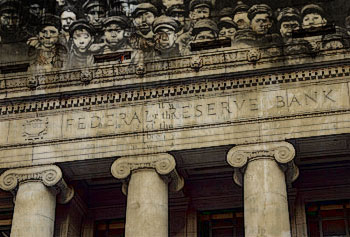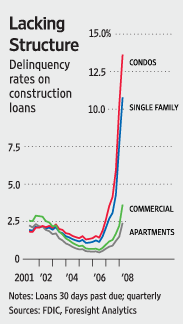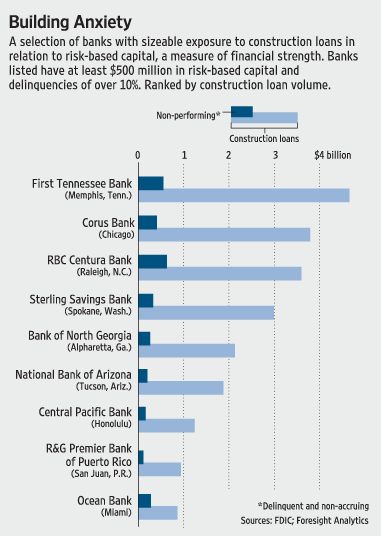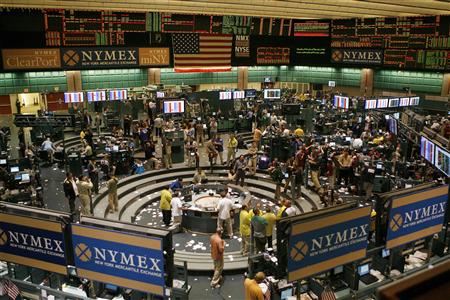The Pasadena-based thrift’s failure is the second-biggest by a U.S. bank. Doors will reopen Monday.
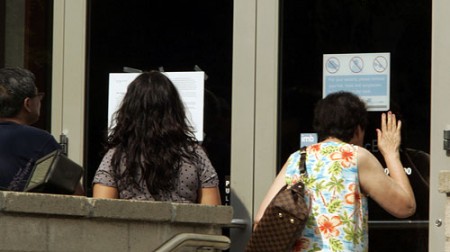
The federal government took control of Pasadena-based IndyMac Bank on Friday in what regulators called the second-largest bank failure in U.S. history.
Citing a massive run on deposits, regulators shut its main branch three hours early, leaving customers stunned and upset. One woman leaned on the locked doors, pleading with an employee inside: “Please, please, I want to take out a portion.” All she could do was read a two-page notice taped to the door.
The bank’s 33 branches will be closed over the weekend, but the Federal Deposit Insurance Corp. will reopen the bank on Monday as IndyMac Federal Bank, said the Office of Thrift Supervision in Washington. Customers will not be able to bank by phone or Internet over the weekend, regulators said, but can continue to use ATMs, debit cards and checks. Normal branch hours, online banking and phone banking services are to resume Monday.
Federal authorities estimated that the takeover of IndyMac, which had $32 billion in assets, would cost the FDIC $4 billion to $8 billion. Regulators said deposits of up to $100,000 were safe and insured by the FDIC. The agency’s insurance fund has assets of about $52 billion.
Related article: US: Total Crash of the Entire Financial System Expected, Say Experts
IndyMac’s failure had been widely expected in recent days. As the bank was shuttering offices and laying off employees to cope with huge losses from defaulted mortgages made at the height of the housing boom, nervous depositors were pulling out $100 million a day. The bank’s stock price had plummeted to less than $1 as analysts predicted the company’s imminent demise.
The takeover of IndyMac came amid rampant speculation that the federal government would also have to take over lenders Fannie Mae and Freddie Mac, which together stand behind almost half of the nation’s mortgage debt.
Shares of the two mortgage giants have nose-dived this week and fell again Friday, helping to drag down the Dow Jones industrial average 128.48 points, or 1.1%, to close at 11,100.54. Investors and analysts are concerned that the two government-chartered companies need to raise billions of dollars to offset expected losses stemming from mortgage defaults, but will be unable to do so in the private market. Officials in Washington spent most of Friday trying to knock down rumors of a government bailout.
Read moreBank Failure: IndyMac Bank seized by federal regulators

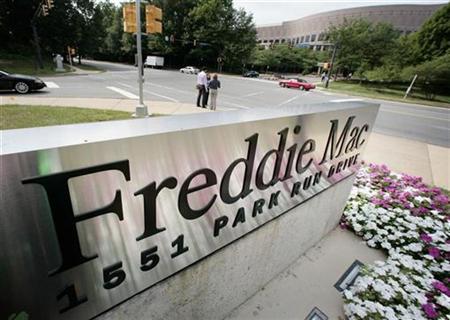

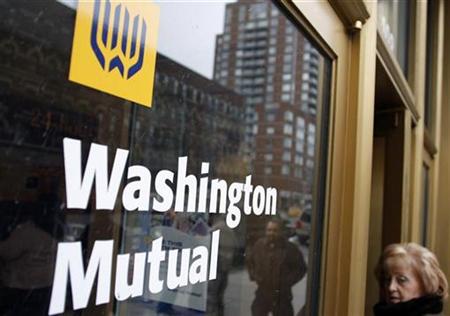
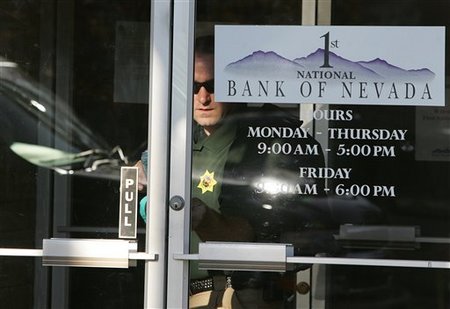
![[Loan Troubles]](http://s.wsj.net/public/resources/images/P1-AM282_SUBFED_20080720190427.gif)
